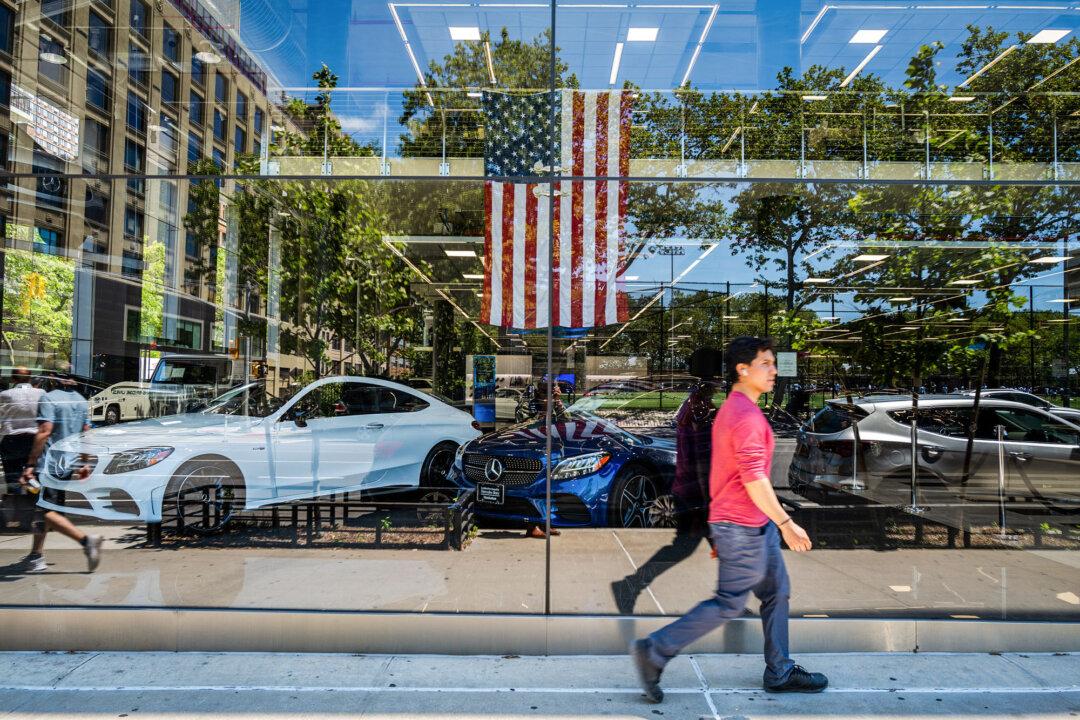The average transaction price of new vehicles sold in the United States fell on a monthly basis in January amid lower luxury auto sales, according to vehicle valuation company Kelley Blue Book (KBB).
The new vehicle average transaction price in January was at $48,641, down by 2.2 percent from the previous month but up by 1.3 percent from a year ago, KBB said in a Feb. 11 statement.





